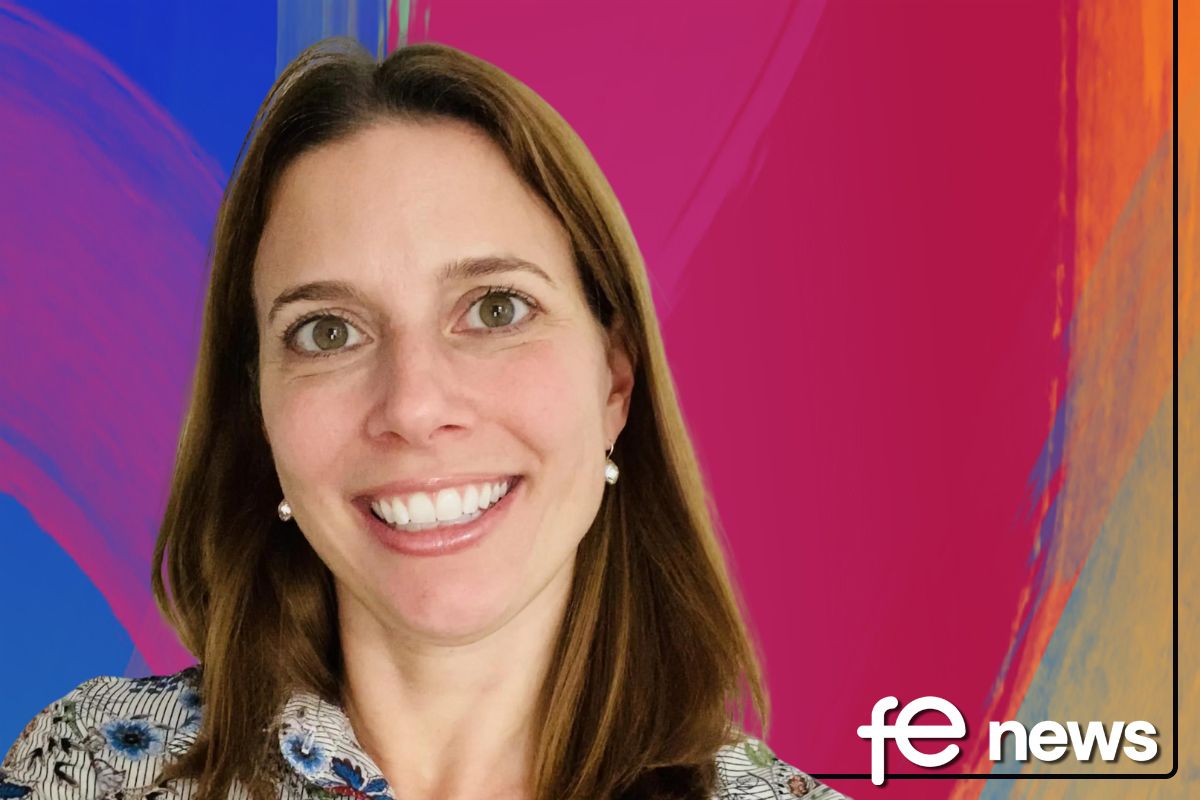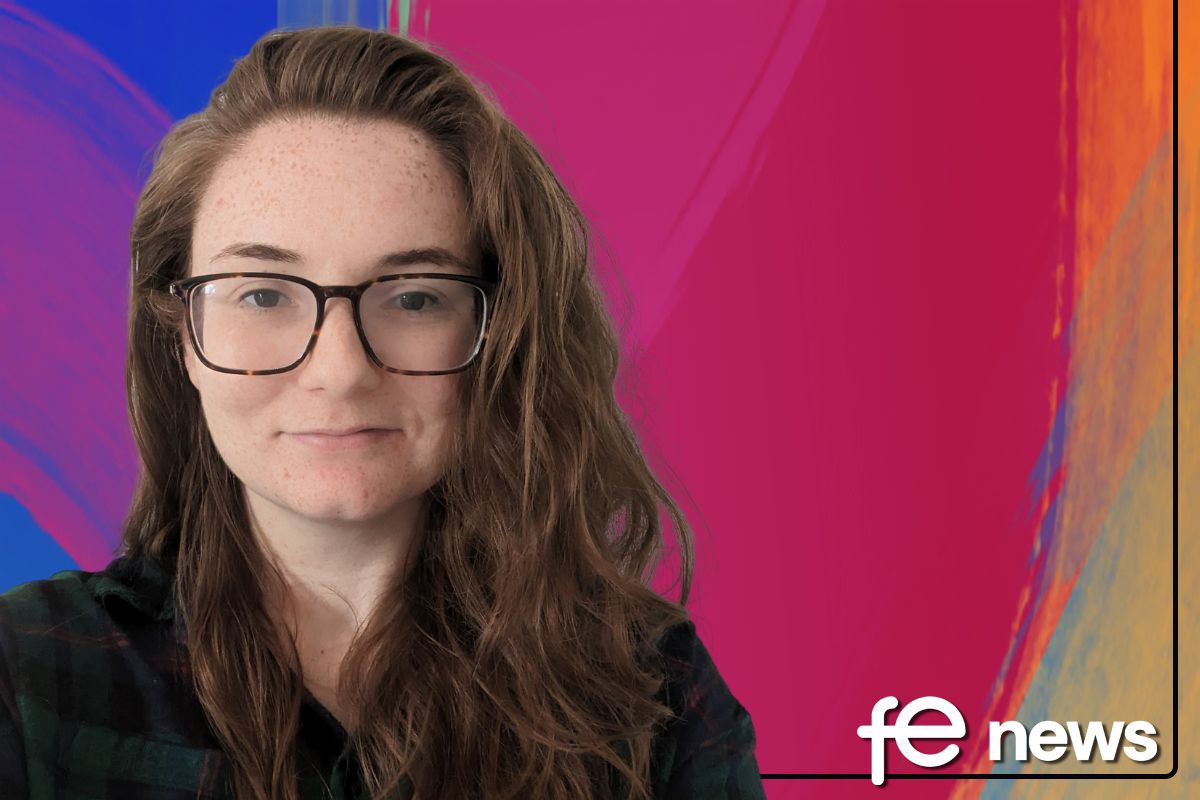FE News interviews YPLA chief about next year’s funding changes

YPLA chief executive Peter Lauener tells Jason Rainbow how the new body, which will support local authorities commissioning learning and skills for 16-19 year olds next year, is progressing in an exclusive interview with FE News.
How is the funding transition from the Learning and Skills Council (LSC) to local authorities progressing?
There are details still to be resolved but progress is good. Over three quarters of the posts have been filled. Different areas are taking different approaches. For example, in London, regional arrangements are being established to cover the 32 local authorities, while in Berkshire economies of scale have been achieved through sub-regional working.
LSC staff transferring to local authorities have begun the induction process with welcome sessions being held and scheduled meetings occurring to support the transfer process. The LSC – through the shadow YPLA – is working ever closer together with local authorities as we develop the Statements of Need for the 2010-11 commissioning process through a shared approach.
Are the departments set up yet at local authorities? How is the team development coming on – are they all former LSC staff?
Because of their different sizes and characteristics, local authorities have taken different approaches to the integration of the LSC functions. Some are bringing teams together across a sub-regional group; some are extending the work of their 14-19 team to cover the new functions; and others are integrating LSC staff across a range of functions – for example, some LSC staff may be part of a commissioning unit and others part of area based teams.
What major changes can we expect when the local authorities take funding control?
Under the Apprenticeship, Skills, Children and Learning (ASCL) Bill 2009, local authorities will negotiate with providers to commission all 16-19 provision – and up to 25 for learners with learning difficulties or disabilities (LLDD). The SFA will negotiate with providers regarding 19+ provision and apprenticeships. There will be clear priorities for 16-19 and 19+ with funding streams to match. The new arrangements will enable local authorities to join up commissioning of all services for all young people without an artificial break at age 16.
The new arrangements will enable local authorities to integrate the education and training agenda with the economic and Every Child Matters and development agendas. The arrangements will help make better provision for young people with additional needs through single assessment and provision which spans pre-16 (SEN) and post-16 (LLDD). The new arrangements are key to enabling us to realise the government’s historic commitment to raise the participation age, to 17 in 2013, and to 18 in 2015.
How do you plan to engage providers, and will they still have the same contract managers as they did at LSC?
Local authorities will commission 16-19 learning provision based on the principles set out within local and regional strategic commissioning plans. Providers will engage with local authorities to agree their contribution to achieving these plans, focusing on delivering sustainable high quality outcomes for the young people for whom provision is being commissioned, regardless of governance. At the same time the SFA will negotiate and manage contracts for 19+ provision and apprenticeships through a system of national account management.
In general the YPLA will not have a direct operational relationship with providers. There are however some exceptions to this. The YPLA is expected to have some particular responsibilities in regard of Academies. Here it will undertake the responsibilities now carried out by DCSF for funding and supporting and Academies that are open. Another example would be Independent Specialist Providers of placements for learners with learning difficulties and/or disabilities. Here, for an interim period only, the YPLA will procure, through a contract, the provision required by local authorities. It will be acting on behalf of local authorities while they build capacity to undertake this function and to enable them to focus on the strategic aspects of this important area.
How are budgets going to be allocated, considering some local authorities are larger than others or have more learners?
Funding will flow from the YPLA to local authorities in relation to local authorities’ commissioning plans and the National Funding Formula. The Statement of Priorities will set out the overall national priorities for commissioning, including the expected mix of provision, and targets for participation. For 2010-11, local authorities will be responsible for delivering the plans and allocations currently being led by the LSC. Local authorities will, from April 2010, take responsibility for the payment of participation funding to colleges, schools, and other providers.
The National Commissioning Framework (NCF) will cover the planning, allocation and funding cycle for delivery for the 2011/12 academic year. This will be the first end-to-end commissioning cycle for which local authorities will be fully responsible. The planning process for this cycle starts in the summer of 2010.
How will it going to work with national providers that have learners in multiple local authorities, or have learners working in one local authority but live in another?
The ASCL Bill 2009 requires local authorities to secure that enough suitable education and training is provided to meet the reasonable needs of young people – this provision may be located outside the local authority’s area. Local authorities are required to cooperate with each other in performing these functions and will do so through sub-regional and regional working.
Sub Regional Groups provide a forum for local authorities to work and plan together to build a picture of demand, which will include understanding travel-to-learn patterns and cross-border learner flows as well as the wider economic needs of the area. SRGs will agree who will lead the commissioning dialogue with each provider, with colleges and schools receiving only one allocation from their lead commissioning authority. In the case of nationally based apprenticeship providers the National Apprenticeship Service (NAS) will aggregate local authority requirements and the Skills Funding Agency will arrange for single contract arrangements with providers. In a limited number of cases – for example, Independent Specialist Providers, for LLDD young people, and for an interim period only, the YPLA will procure provision on behalf of local authorities.
What funding in particular will come through local authorities?
Funding flowing from local authorities will cover all 16-19 provision in colleges, schools and private and third sector providers – other than Apprenticeships which will be funded through Skills Funding Agency, on behalf of NAS. For an interim period only the YPLA will contract with Independent Specialist Providers (ISPs) of placements for learners with learning difficulties and/or disabilities. During this time it follows that funding for ISPs for placements for learners aged up to 25 with a s139a learning difficulty assessment will flow from the YPLA to ISPs.
How heavily are Ofsted helping you with the transfer to ensure high quality is delivered?
During 2009/10 The Framework for Excellence commissioned by BIS and DCFS is being piloted in school sixth forms and local authorities following pilots in FE ready for implementation from September 2010 onward. Ofsted are a key sponsor in this. The Framework for Excellence will be key for performance management by governing bodies, commissioners and funders, and will enable local authorities to make effective commissioning decisions based on consistent, comparable data across all post-16 providers.
(Pictured: YPLA chief executive Peter Lauener)











Responses